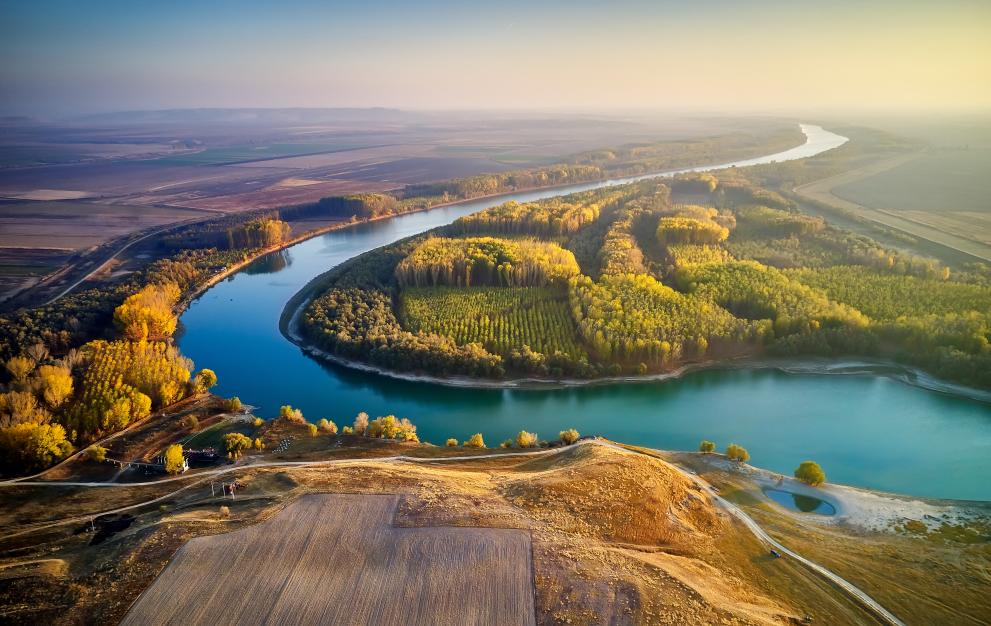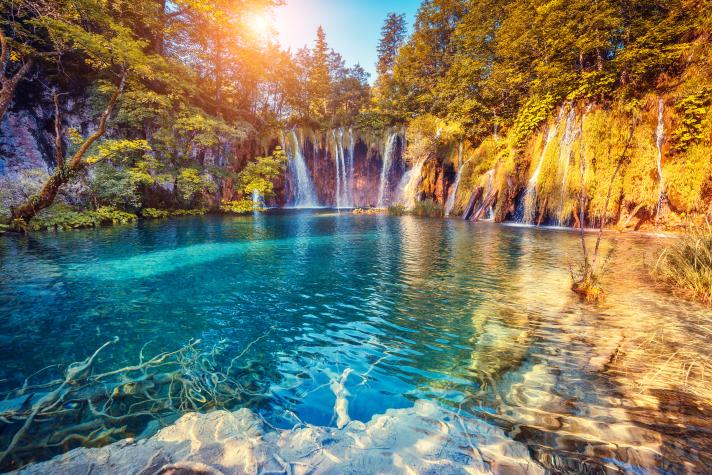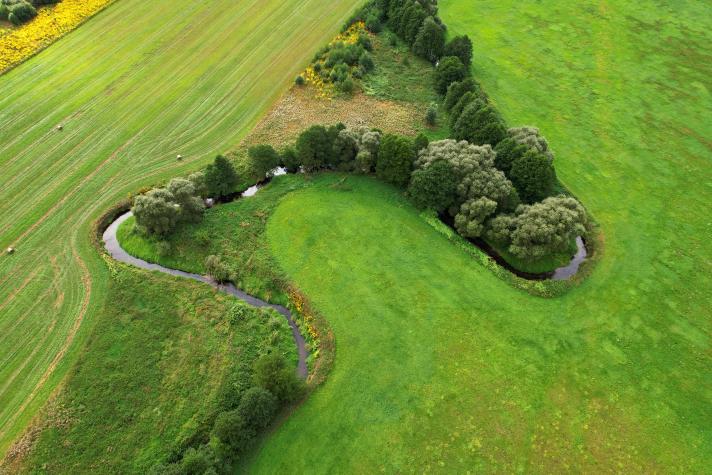
On 17 June 2024, the Council of the European Union approved the Nature Restoration Law. The first continent-wide, comprehensive law of its kind, the legislative initiative is nothing short of a historical milestone for the EU's environmental efforts.
It aims to restore at least 20% of the EU’s land and sea areas by 2030 and ultimately all ecosystems in need of restoration by 2050.
The law is a key element of the EU Biodiversity Strategy, which sets binding targets to restore degraded ecosystems, particularly those with the most potential to capture and store carbon and to prevent and reduce the impact of natural disasters.
Restoring Europe's ecosystems, and the species they host, will help increase biodiversity, clean our water and air, pollinate crops, prevent natural disasters, and reduce risks to food security. The measures will also help limit global warming to 1.5°C and build up Europe’s resilience and strategic autonomy.
REA projects’ contribution
Four flagship projects on ecosystem restoration, funded under the EU’s European Green Deal and managed by the European Research Executive Agency (REA) - SUPERB, MERLIN, WaterLANDS and REST-COAST - have a direct input to the 2030 EU Biodiversity Strategy and the new Nature Restoration Law. These projects worth a total of €85 million in R&I investment, aim to implement and promote large-scale restoration. They are spread out across a wide range of European territories and pave the way for further upscaling and replication activities in the years to come.
Through the lengthy negotiation process, the four projects mobilized their networks to bring the voice of the scientific community in support of the proposed new law. In September 2022, the projects provided important feedback to the Nature Restoration Law in the form of a Policy Brief. In December 2023, they published an article in Science magazine advocating and providing advice on the proposed new legislation, based on analysis of the experiences with other European environmental directives and policies.
Healing our forests
Forests have a prominent role in the Nature Restoration Law that establishes requirements for restoring degraded habitats into good conditions, including specific indicators for restoration of forest ecosystems.
The EU-funded SUPERB project aims to create a lasting environment for transformative change towards large-scale forest and forest landscape restoration.
It works to empower decision-makers to take informed decisions for the restoration of biodiversity, ecosystem services and carbon sequestration in order to minimise region specific trade-offs and maximise synergies between ecosystem services. The project is about to launch its multi-language Forest Ecosystem Restoration Gateway, making SUPERB's findings accessible to a variety of users.
Find out more about SUPERB
Restoring freshwater sources
Freshwater is essential for our ecosystems' restoration. The EU-funded MERLIN project aims to showcase best practices for freshwater restoration, including streams, large transboundary rivers, peatlands, and wetlands.
MERLIN is drawing on successful freshwater restoration projects across Europe by transforming them into beacons of innovation. Through collaborations with local communities and key economic sectors, the project works to co-develop win–win solutions spearheading systemic economic, social, and environmental change.
Find out more about MERLIN
Managing wetlands
Wetlands retain and purify water, remove pollutants and excess nutrients, store atmospheric carbon, moderate flooding and coastal storms. They support an immense variety of wildlife, and offer recreational, well-being and economic benefits to surrounding communities.
When mismanaged, these essential services for landscapes and society are lost. Funded under EU's Horizon 2020 framework programme, the WaterLANDS project tackles large-scale restoration of wetland sites that have been decimated by human activity across Europe. Going beyond simple restoration, WaterLANDS integrates existing knowledge of ecology, community, governance and finance, as well as best-practice models for scalable, resilient restoration.
The project is also engaging with local communities and stakeholders to ensure that wetland restoration results in tangible community gains, alongside environmental rehabilitation.
Find out more about WaterLANDS
Recovering EU’s coasts
Coastal areas provide some of the most productive and biodiverse environments. Sadly, they are also suffering progressive degradation. The EU-funded REST COAST project aims to show how upscaled coastal restoration can yield low-carbon solutions to climate adaptation and reduce disaster risk for vulnerable coastal ecosystems to benefit biodiversity.
By overcoming technical, economic, governance and social barriers to restoration upscaling, the project works to develop the large-scale river-coast connectivity. It also strives to increase the nearshore space to reduce erosion and flood risks.
Find out more about REST-COAST
Read more:
Restoring ecosystems under the Green Deal Call: Recovering biodiversity and connecting to nature
Details
- Publication date
- 10 July 2024
- Author
- European Research Executive Agency


